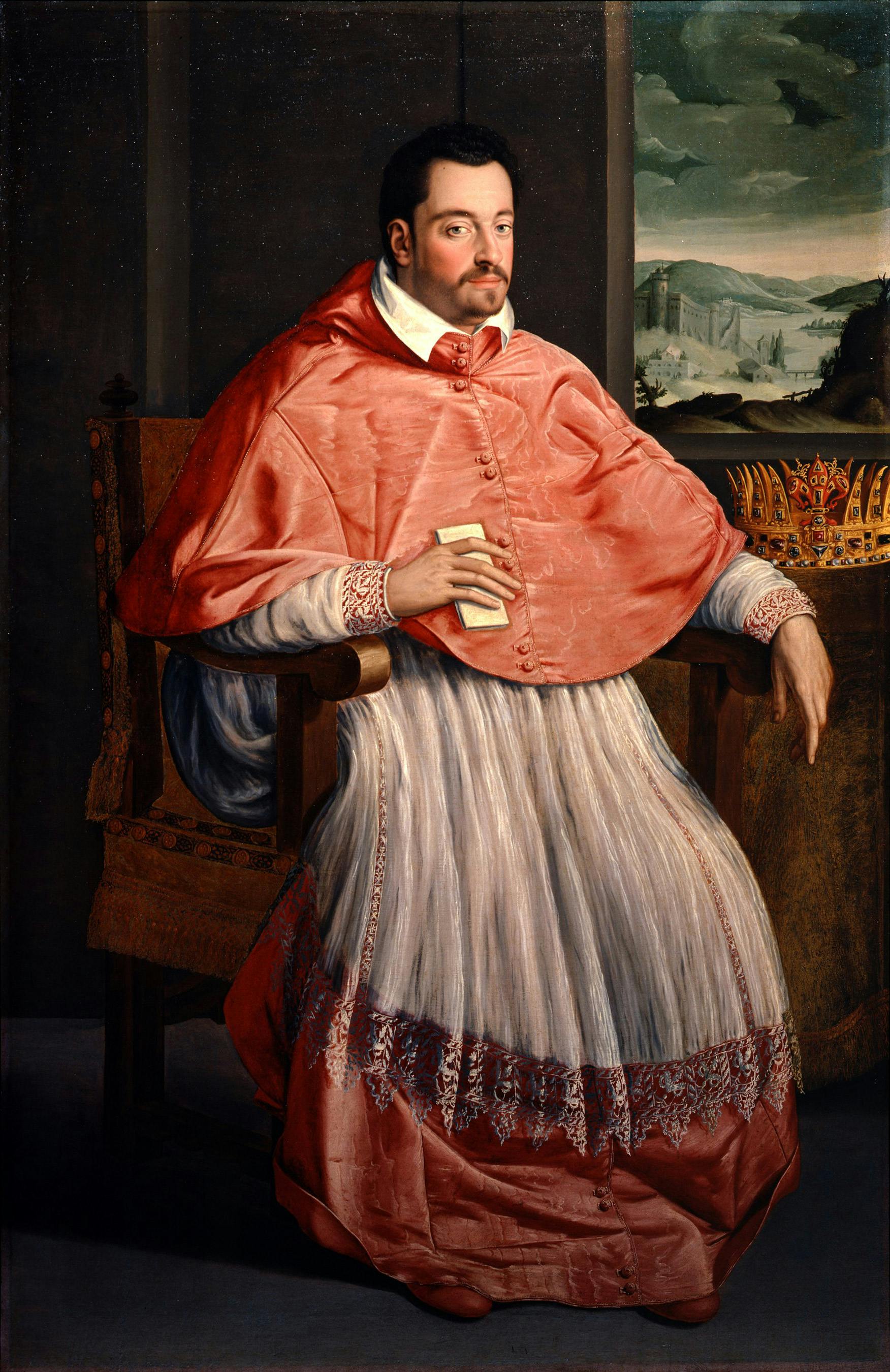Alchemy and the arts. The Uffizi workshop: from laboratory to cabinet of curiosities
The Uffizi workshop; source of innovation, ideas, artistic know-how and scientific discoveries.
Through sixty works (paintings, sculptures, engravings, manuscript codices, ancient pharmaceutical remedies and illustrated printed texts) the exhibition examines aspects of the passion for alchemy displayed by several of the Medici sovereigns between the sixteenth and seventeenth centuries. The exhibition is part of the I Mai Visti series which, every year, presents elements from the collection of the Florentine Museum that are little known to the general public.
The presence of workshops inside the Uffizi, located, depending on their discipline, in separate districts, is attested ever since 1586. The study of alchemy made necessary the creation of a series of laboratories referred to as the Fonderie Medici. It was Cosimo I de’ Medici (1519-1574) who set up the first laboratory in Palazzo Vecchio, which was then moved to the Casino di San Marco, and then moved again into the Uffizi in the 1580s. Afterwards, from 1586 and for almost two hundred years, the laboratory for the distillation of medicinal products was located in the Uffizi.
Laboratories of art and alchemy were gathered together by the Grand Dukes Francesco I de' Medici (1541–1587) and Ferdinando I de' Medici (1549–1609), in order to set up a rich collaboration between artists and scientists. This collaboration was intended at several levels: goldsmiths, jewellers, cabinetmakers, sculptors, painters, semi-precious stones cutters exchanged not only equipment, but also theoretical and technical knowledge with the alchemists who worked in the Uffizi.
In the seventeenth century the Uffizi laboratory was celebrated for its pharmaceutical production which continued well beyond the middle of the eighteenth century. The Grand Duke offered the remedies produced there as gifts, presenting them in precious ebony caskets to nobles and sovereigns all over Europe, the Middle East and even in the Americas.
The foundry also contained a fine collection of natural rarities displayed in an area designed like an authentic Wunderkammer.

